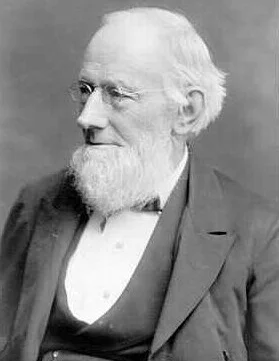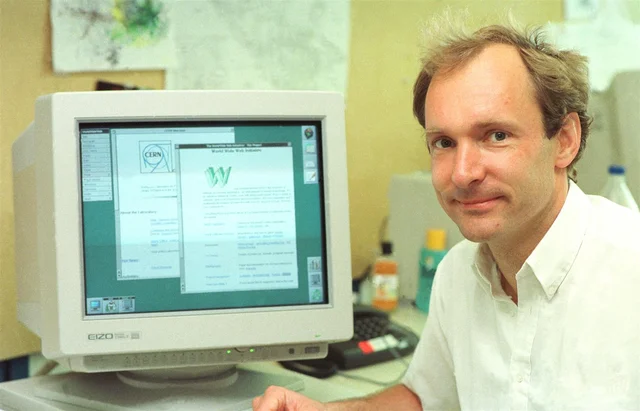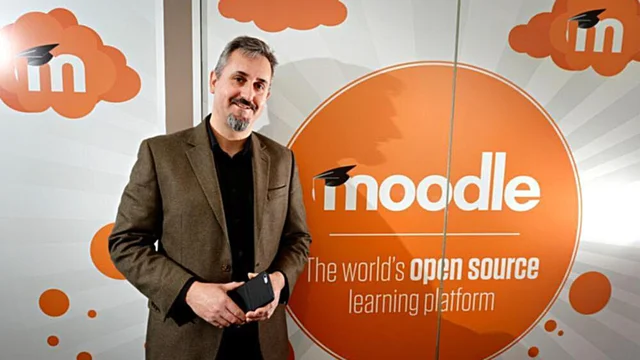-
 Pitman taught via postcards mailed to students, who would mail back their work for grading. This established the importance of feedback in distance education.
Pitman taught via postcards mailed to students, who would mail back their work for grading. This established the importance of feedback in distance education. -
 One of the first universities to offer degrees to students studying remotely. This program lead to credibility to distance learning.
One of the first universities to offer degrees to students studying remotely. This program lead to credibility to distance learning. -
 B.F. Skinner developed a teaching machine that aimed to teach students new material through a systematic, self-paced approach, rather than just test them.
B.F. Skinner developed a teaching machine that aimed to teach students new material through a systematic, self-paced approach, rather than just test them. -
 Donald Bitzer developed and operated PLATO (Programmed Logic for Automatic Teaching Operations,) the first successful computer-assisted instruction system. It featured discussion forums among other modern features. A direct ancestor of modern e-learning systems.
Donald Bitzer developed and operated PLATO (Programmed Logic for Automatic Teaching Operations,) the first successful computer-assisted instruction system. It featured discussion forums among other modern features. A direct ancestor of modern e-learning systems. -
 Tim Berners-Lee created the core protocol for global information sharing, which is the necessary foundation for all web-based instruction.
Tim Berners-Lee created the core protocol for global information sharing, which is the necessary foundation for all web-based instruction. -
Organizations began uploading course materials to the web, allowing global, asynchronous access without needing physical media.
-
Provided the first enterprise-level, centralized platforms for course administration, content delivery, tracking, and communication. LMS such as: Blackboard, WebCT, eCollege
-
 First professional use of the term at a conference, solidifying the new field of electronic learning. Introduced by Elliott Masie
First professional use of the term at a conference, solidifying the new field of electronic learning. Introduced by Elliott Masie -
 Martin Dougiamas, Creator of Moodle - Moodle offered an open-source, highly customizable LMS built on social constructionist pedagogy.
Martin Dougiamas, Creator of Moodle - Moodle offered an open-source, highly customizable LMS built on social constructionist pedagogy. -
 Officially defined "blended learning" - the combination of "face-to-face instruction with computer-mediated instruction." This formalized structure to the concept of blended learning.
Officially defined "blended learning" - the combination of "face-to-face instruction with computer-mediated instruction." This formalized structure to the concept of blended learning. -
MOOCs (Massive Open Online Courses) allowing thousands of learners worldwide to enroll in courses for free.
-
 Forced a massive, rapid global shift and accelerated the adoption and refinement of blended and hybrid learning models by nearly all educational institutions.
Forced a massive, rapid global shift and accelerated the adoption and refinement of blended and hybrid learning models by nearly all educational institutions.